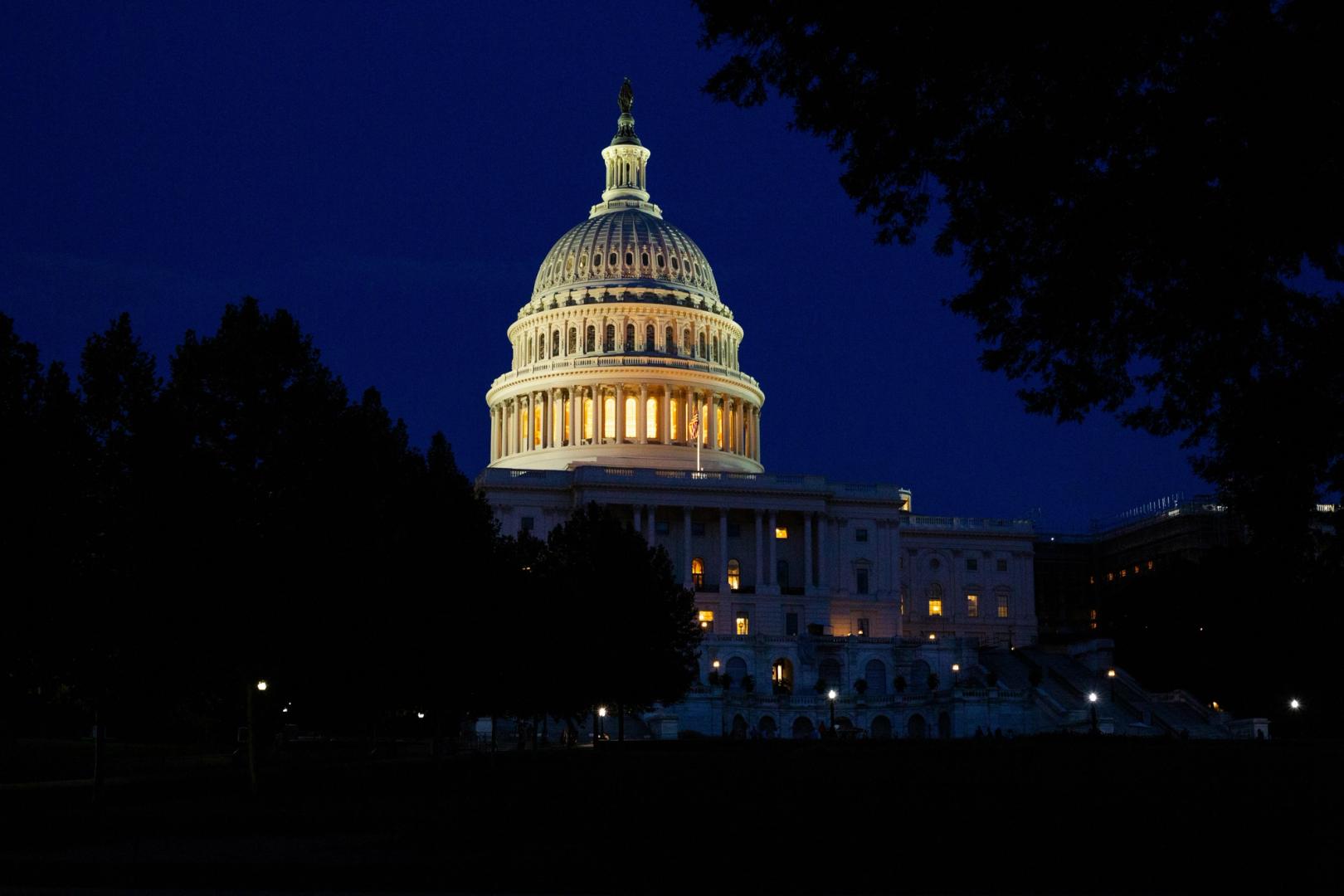
The Senate Agriculture Committee released its crypto market structure bill on Monday, bringing the body one necessary step closer to advancing its response to the House Clarity Act legislation to define how exactly the Commodity Futures Trading Commission can oversee spot market trading.
The bill, which still includes brackets indicating sections where lawmakers have yet to fully agree on the details, marks an important step for the government to delineate where the CFTC’s jurisdiction ends and the Securities and Exchange Commission’s jurisdiction begins, a key question that only Congress can answer as these federal agencies step up their own efforts to issue guidelines for cryptocurrency firms and other companies hoping to offer cryptocurrency-related services in the US.
Still, a draft is just one step on the legislative path, and the Senate’s bandwidth has been squeezed by other pressing matters, especially the budget dispute that currently has the federal government shut down.
Senate staff worked on the bill over the weekend, two people familiar with the situation told CoinDesk, even as lawmakers worked on a deal to end the current US government shutdown. This latest deal cleared a procedural hurdle Sunday night, although the Senate (and House) have yet to vote on the actual resolution to continue funding the government.
The draft released Monday, led by committee Chairman John Boozeman and one of the panel’s ranking Democrats, Cory Booker, defines terms such as “blockchain” and how these concepts will be applied under the Commodity Exchange Act; directs the CFTC to engage in joint rulemaking with the SEC to address everything from securities portfolio margining to how agencies will supervise broker-dealers.
Some of the sections in brackets include definitions of how this bill could interact with other laws. One section said the “minority opinion,” here referring to Democrats, is that lawmakers don’t believe the Agriculture Committee has enough jurisdiction to take up a part of the bill, but would like to work with the Banking Committee to resolve it.
Another bracketed section would direct the CFTC to have at least two commissioners with the minority party consulting on its composition. Currently, the CFTC is led by a single acting chair, Caroline Pham. President Donald Trump nominated current SEC crypto task force counsel Mike Selig to take over as chairman, but has not nominated any other commissioners.
In a statement, DeFi Education Fund CEO Amanda Tuminelli said: “We hope that the section left open for DeFi will be completed with strong developer protections that clearly distinguish centralized intermediaries from software developers without custody or control of other people’s money.”
The Agriculture Committee oversees the CFTC, and the Senate Banking Committee, which has already released several drafts of its own, oversees the SEC. Both committees will have to introduce their respective bills out of committee.
Before that, however, there has been considerable grumbling among lawmakers about simply moving to the review stage, a formal process in which bills are opened for amendments before being put to a final committee vote. Republicans on the Senate Banking Committee have also been grappling with disagreements over the preparation of the bill within their own ranks, including that of Sen. John Kennedy, who is critical.
And while a large contingent of Democrats are eager to define common ground and pass a bill, others, including Senator Elizabeth Warren, have raised continued objections about the risks posed by the crypto industry and the conflict of interest presented by President Donald Trump’s personal involvement in the sector.
The common wisdom among crypto lobbyists and top lawmakers about how soon the market structure effort could pass the Senate has changed several times, from the August deadline first set by Trump, to September, then this month, and most recently to the end of the year, if at all.
The negotiations have progressed in fits and starts, recently derailed for a time by a controversial set of proposals that industry experts say would have threatened core elements of decentralized finance (DeFi). But recently meetings between cryptocurrency CEOs and key lawmakers got the talks back on track.
However, it could still take months for bills to advance through committees and reach the Senate floor for a vote, said Ron Hammond, Wintermute’s head of Policy and Advocacy.
“It is very possible that one or both committees will vote on their respective version of the bill before the end of the year,” he said. “However, the next step will be to combine the bills and navigate the politics and various stakeholders.”
A vote on the full Senate may not occur until the first quarter of 2026, “but a lot of things have to happen before then,” he said.



